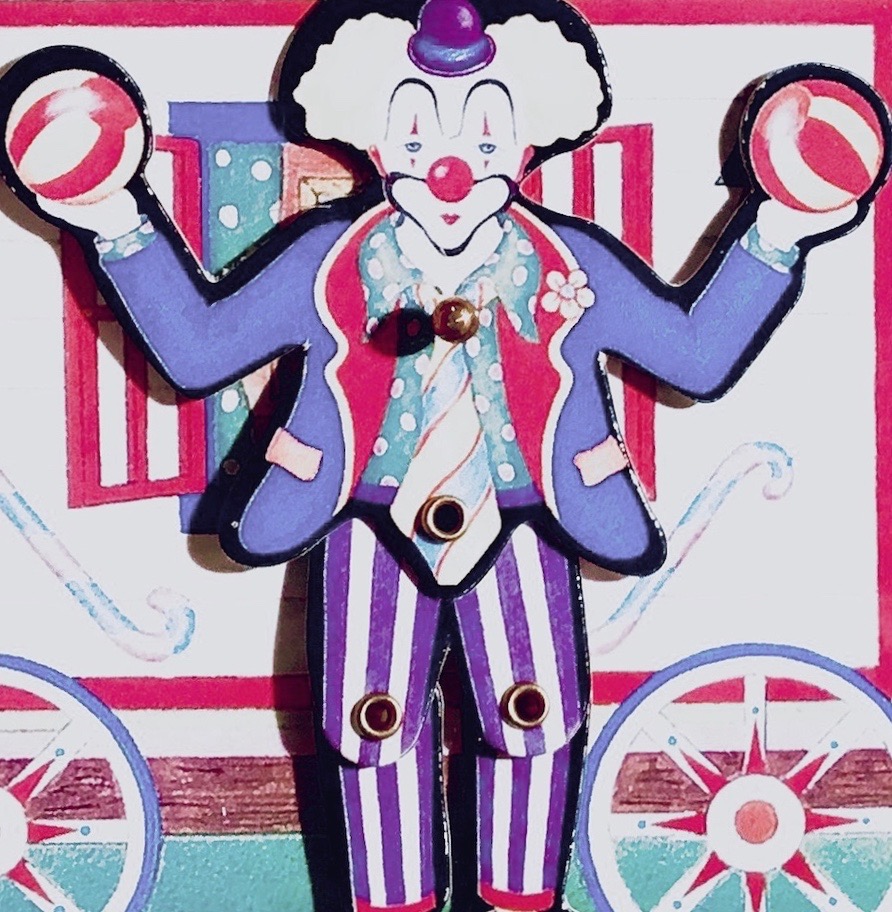The king sat in his counting house in the palace tower, reflecting on his many successes. He had all a man could wish for: three marriages to attractive blonds; enough children to form a family firm, if not a dynasty; and more riches than several minor European countries put together. He was the most powerful man in the land. All he needed to do was to consolidate his position.
He wondered how he could celebrate his achievements, and where he might host the event. He was bored with nightclubs, even though he owned several. He was fed up with tournaments at golf clubs; he owned several of those too. Then the idea came to him: he would throw a splendid party at the palace and he would serve a special cocktail. This drink would be a diamond, at the cutting-edge of cocktail making, as sparkling and multi-faceted as the Koh-i-Noor. It would sharpen the acuity of all who partook of it, instead of dulling the senses like alcohol-fuelled concoctions do. It would enable his enemies and dissenters to think clearly, see the error of their ways, and ensure that he stayed on the throne.
To attract the best drinks designers to the job, the king went onto his Twitter account and announced a competition. With help from a new Russian-designed communication network, the call for submissions soon went viral. The most distinguished distillers, vinters and sommeliers from around the world flocked to the palace to make their pitches.
The specialist alcohol-free gin makers were first in line, and would have been high on the shortlist if they had concentrated mainly on subtle juniper berry flavouring and a dash of fever tree. Sadly, blinkered by current fashions, they had adulterated the mix with an infusion of bright purple Italian violets and Sicilian blood oranges, resulting in a cocktail the colour of a muddy puddle.
A Ukrainian delegation called in a favour from the king to gain an audience. They had learned from the mistake of the gin makers and came armed with a customised zero-proof vodka, distilled with their chosen fruit flavourings in a process which rendered it crystal clear. The king loved the taste of the African imbe fruits and plump peaches, but turned it down on the basis of its name, Impeach.
The English orchards and vineyards, with an eye on the main chance of a future trade deal outside Europe, brought an apple and grape juice cocktail, but it was too cloudy. The Bavarians brewed a 0.0% malt and fruit beer, but the combination was decreed too gassy. The king held audiences with delegations from every country in the world until his palace became overcrowded with foreigners, whereupon he told them all to go back home.
Eventually, the news of the king’s quest reached the first-class Berlin hotel where the fashion for a new kind of consultant had first started in the ‘00s. Their sommelier d’eau had originally made a reputation for himself by sourcing more than fifty vintages of exotic water from fifteen different countries, for which the hotel charged up to 130 Euros a bottle. Now that the demand for stylish versions of that beverage had died down, he saw a chance to play his trump card for the cocktail competition. His product would certainly fit the requirement for a diamond tipple with cutting edge purity.
Headed up by the sommelier d’eau, members of the German Mineral Water Association formed a Union to devise their prototype cocktail. They experimented with subtle balances of minerals, and discarded any ingredients that smelled of sulphates or iron or left an earthy taste. They mixed placid and lively samples, and tried out various levels of carbonation. Special tasters were employed to experience the texture in the mouth, comment on the smoothness or bitterness, or whether there were any fruity notes. The flavour profile of each trial was then carefully recorded, together with scientific data of the total dissolved solids and silica, or oxygen content.
With the mix decided upon, a delegation set sail for the palace with a phial of their elixir, and started their pitch to the king: ’The cocktail we present to you, Your Majesty, has been mixed for the most refined and delicate of palates. Its subtle flavours can only be appreciated by the most discerning in the kingdom, and so we regard it as fit for royalty. Furthermore, its magical powers mean that no-one who drinks it will become in any way intoxicated. We humbly invite you to sample it.’
Closely watched by his retinue of chief officials, the king took a sip of the clear fluid. It tasted of nothing in particular, but he dared not betray a lack of delicacy nor the absence of a discerning palate in front of his chiefs of staff.
‘Delightful,’ he declared, holding the glass up to the light, ‘a diamond compared to the sludgy concoctions we have been presented with so far.’
When the hour of the cocktail party came, all the dignitaries in the land, friend and foe, assembled in the palace courtyard. The cocktail had been imported, ready mixed, in sealed vacuum flasks, and, after much shaking and stirring, was, with a flourish, poured into the finest lead crystal cut-glass flutes. Everyone took one sip, frowned, then bowed to the king, enthusing about his choice. Nobody gave an honest impression of what they thought about the aqueous offering. They didn’t wish to seem unrefined.
As they presented their glasses for refilling, it soon became obvious that the highly expensive shipment from Germany had focussed on quality rather than quantity. Whispers came down the line from the head of catering to the most humble waiter that the flasks were about to run dry, and yet they were only half way through the cocktail hour.
An enterprising young serving lad from the bottom of the chain of command said, ‘I’ll sort it. It’s just water anyway’, and boldly filled a serving jug from the tap at the courtyard fountain.
A hush spread across the assembled guests, until there was a deathly silence. All eyes were on the lad. He was approached by four palace guards, who arranged themselves in square formation around him, ceremonial spears held aloft in one hand and tasers in the other. The whole assemblage then marched towards the king, with the partygoers parting on both sides to form a corridor of shame. Everyone turned to the king to see his reaction.
After a pause that lasted just a few seconds but seemed so much longer, a smile formed on the king’s lips, then enlarged into a massive grin. Snuffles of suppressed giggling started at the near end of the crowd and turned into loud guffawing as hilarity passed down the lines. No-one could help themselves, and they fell about laughing. The party-goers gorged themselves on the tap water and frolicked and splashed in the fountain. The effects of excellent hydration put them all in a conciliatory mood.
The king had come up trumps and gained enough support to reign supreme for many more years, flanked by his new chief advisor, who had of course once been the most menial of the serving staff.

Susan writes mainly short stories, initially shared with her WEA (Workers’ Educational Association) creative writing class. She particularly enjoys writing pieces with a touch of humour. Her latest successful competition entry was as runner up in the Farnham short story competition. ‘Party Political’ is her second story on Funnypearls.com. Her blog on www.susanpics.com combines her interest in photography and writing.
Also by Susan:

